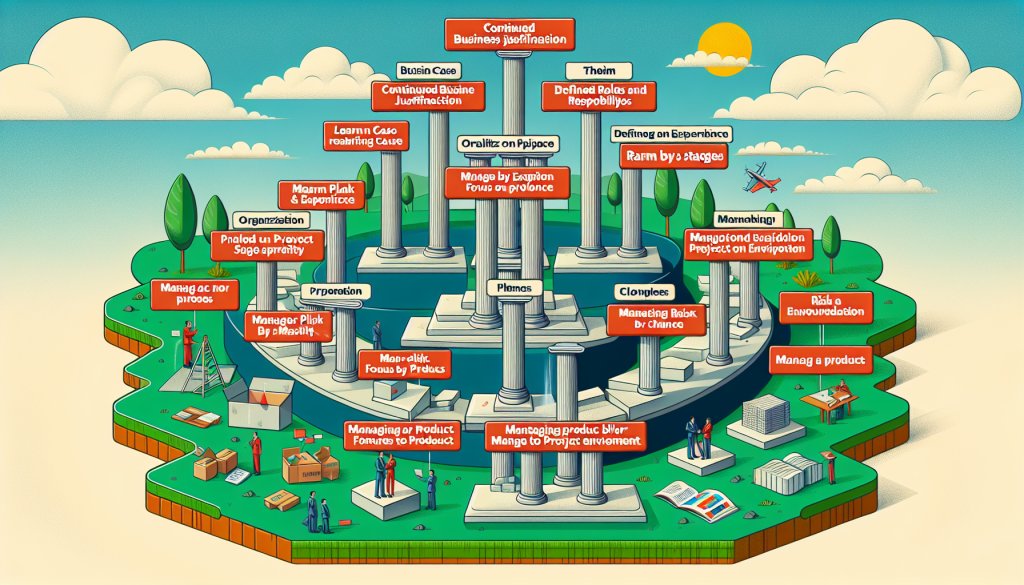In the world of project management, PRINCE2 roles and responsibilities play a crucial role in ensuring the successful delivery of projects. Mastering project management requires a deep understanding of these roles and the responsibilities that come with them.
At the heart of PRINCE2 methodology are specific roles that individuals within a project team undertake. These roles are designed to ensure that every aspect of the project is managed effectively and that all stakeholders are engaged and informed throughout the project lifecycle.
One of the key roles in PRINCE2 is that of the Project Manager. The Project Manager is responsible for the overall planning, execution, and delivery of the project. They are the driving force behind the project, ensuring that deadlines are met, budgets are adhered to, and that the project meets its objectives.
Another important role in PRINCE2 is that of the Project Board. The Project Board is made up of senior stakeholders who are responsible for providing strategic direction and oversight to the project. They are accountable for the projects success and must ensure that it aligns with the organisations overall goals and objectives.

Greater collaboration results from Understanding Roles and Responsibilities from whatisPRINCE2.net as part of onboarding.
Other key roles in PRINCE2 include the Project Team, who are responsible for carrying out the work required to deliver the project, and the Business Analyst, who is responsible for ensuring that the project meets the needs of the business.
Each role in PRINCE2 comes with its own set of responsibilities and duties. It is essential for individuals to understand their role within the project team and to fulfil their responsibilities to the best of their ability. Communication, collaboration, and teamwork are essential for success in project management, and it is important for individuals to work together towards a common goal.
Mastering project management means understanding the roles and responsibilities within PRINCE2 and being able to effectively carry out those duties. By working together as a team, communicating effectively, and taking ownership of their responsibilities, project managers can ensure the successful delivery of projects and achieve their desired outcomes.